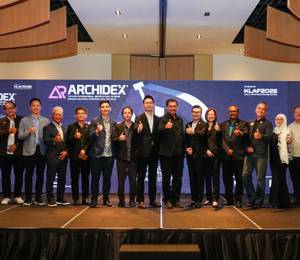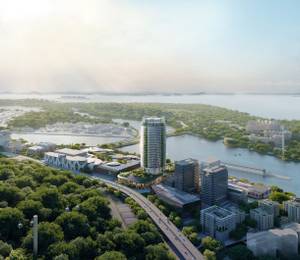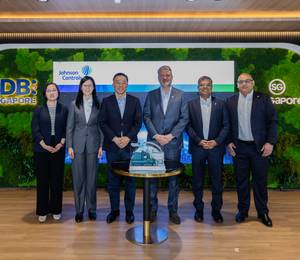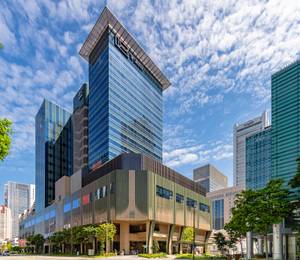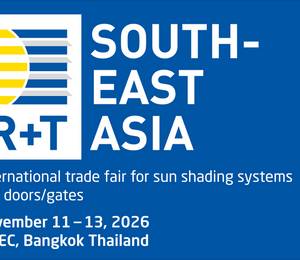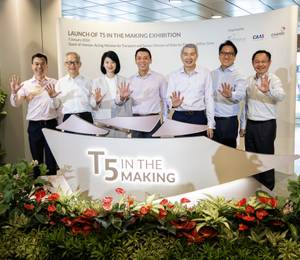Shanghai, China – After BASF’s Monomers division announced its ambitious sustainability roadmap in February 2023, two of its manufacturing sites in Asia have now received an ISCC+ certification. The attainment of the certificates underlines the division’s determination to help customers in all regions reach their individual sustainability targets. This is the first ISCC+ certificate received by the division in Asia-Pacific and demonstrates its ability to offer bio- mass balance (BMB) and ChemCycling® products with identical product performance and lower CO2 emission to the product grades now supplied from South Korea.
“As a commodity business at the heart of chemical production, we have the potential to significantly drive the sustainable transformation of both BASF and the various customer industries we serve. These certifications show our deep commitment to enabling our customers to grow their business sustainably. We will continue to provide them with the right solutions to adapt their portfolio to the demands of the future,” said Dr. Ramkumar Dhruva, President Monomers Division, BASF.
“This is an important milestone for our journey towards low-PCF (low product carbon footprint) production. Sustainability will be our key to success and we at BASF are committed to actively lead the way in a responsible manner,” said Claudia Huang, Senior Vice President, Monomers in Asia-Pacific. The ISCC+ certified products serve industries from textiles, packaging, automotive, construction to white goods and many others with base chemicals.
“I am very pleased that our sites at Yeosu and Onsan are the first ones in Korea to receive ISCC+ certification. Additionally, for the first time an entire value chain in a country has been certified to provide low PCF adipic acid and polyamide 6.6 to our customers,” said Dr. Dschun Song, Managing Director of BASF Company Ltd., Korea. The Onsan site now is fully capable of offering BMB & ChemCycling® products and has already processed the first customer order. More and more customers are willing to join the journey toward low-PCF and collaborate to develop sustainable products.
The current BASF bio-mass balance approach applied to adipic acid and PA 6.6 proves to reduce the respective PCFs by at least 70 percent*. The division continues to pioneer even lower PCF options in its product lines, and is expected to reach net zero CO2 emissions for both adipic acid and PA 6.6 produced in Asia-Pacific by the end of 2024 and 2027 respectively.
Parallel to the certification of the Onsan site, the BASF production site in Yeosu has also been ISCC+ certified for the production of TDI and MDI. TDI is an important intermediate for the production of adhesives and foams for many industries as automotive, aviation or furniture, while MDI is an essential raw material for polyurethanes, polyamide-imide or foam, insulating foam and adhesives.
The Monomers division has major sites and more than 200 products already RedCert2 or ISCC+ certified today. It aims to have additional sites certified in Asia in the coming years and will continue to expand its portfolio of certified bio-mass balanced products for its customers in the region.
*How is the PCF calculated: Product Carbon Footprint (basf.com)
